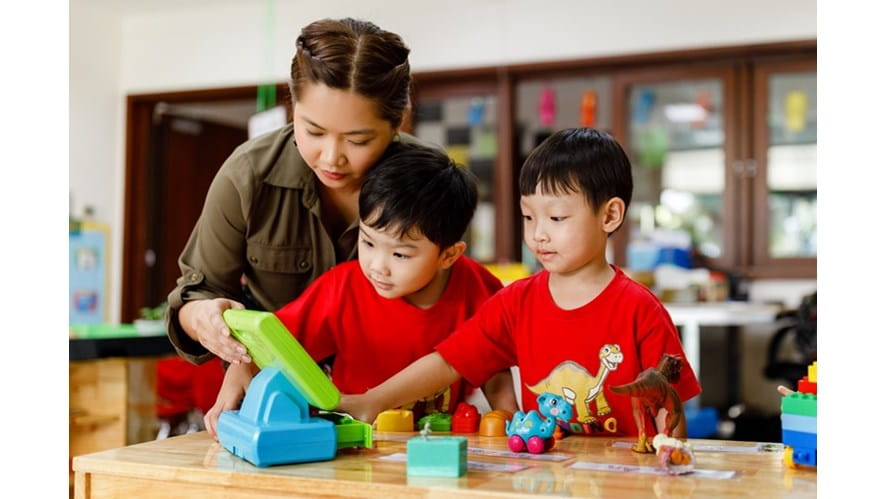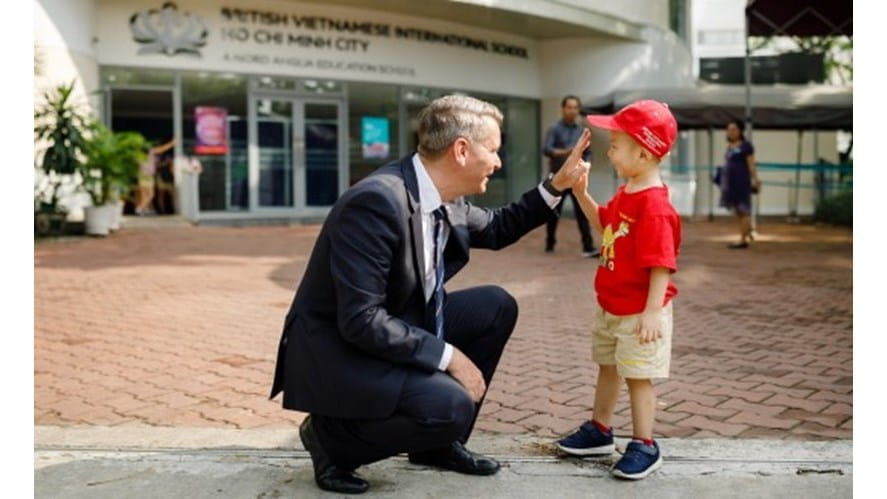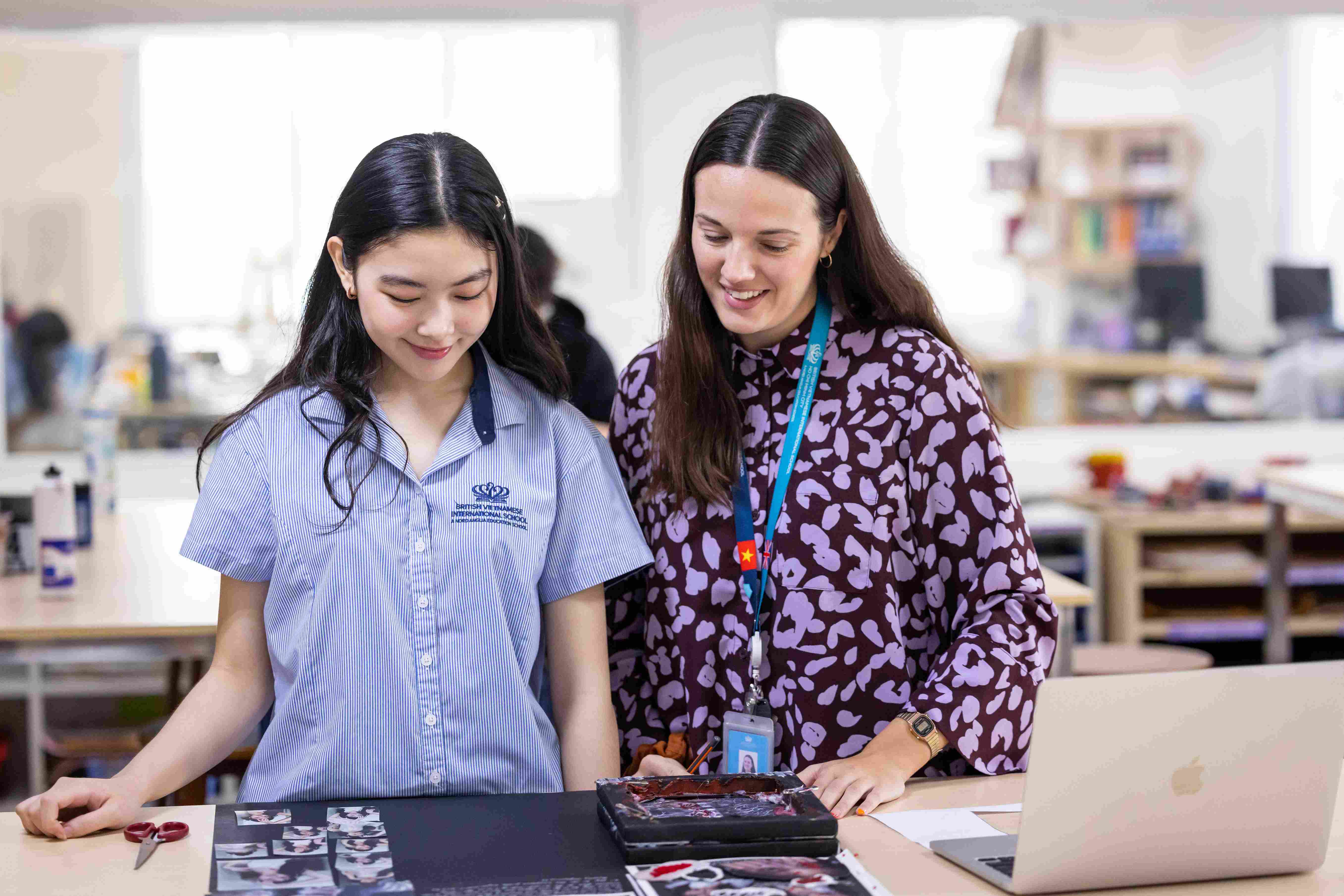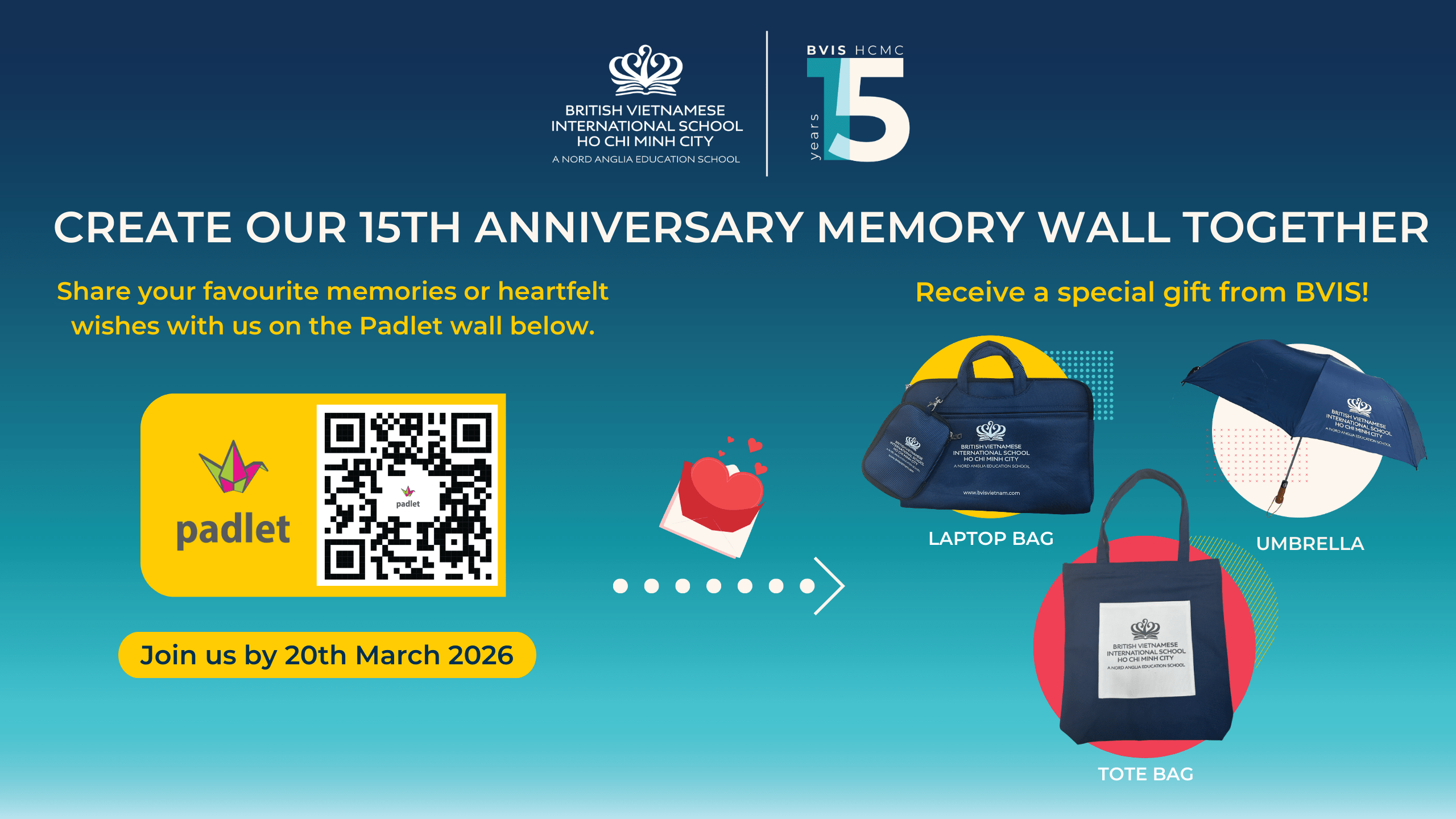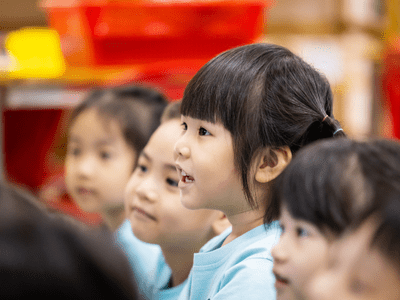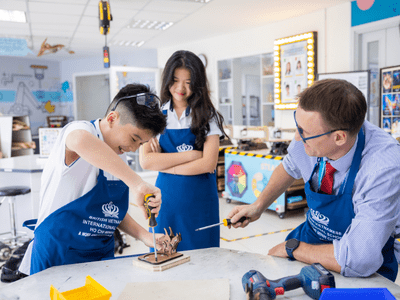Development of Babies and Toddlers - Factors Affecting Your Child's Development Research shows that both genes and the environment influence your child’s development.
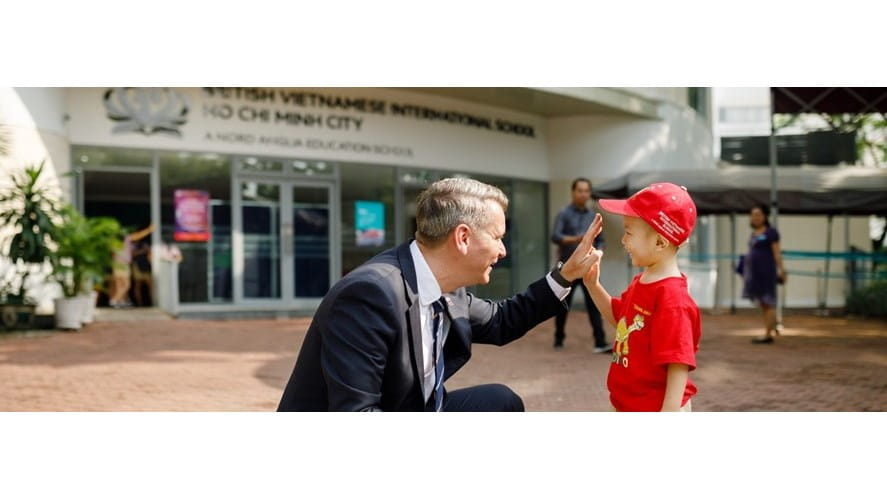
Factors Affecting Your Child's Development
Research shows that both genes and the environment influence your child’s development. Genes are the blueprint for your child’s development and carry information about what your child will look like, how they might behave, his/her physical and mental health and more. The information in a child’s genes comes from his/her mother and father. The environment is the experiences your child has in his/her family, school and the wider community. The environment influences things like your child’s language, as well as how independent he/she is, how well he/she bounces back from tough times and how good he/she is at forming relationships.
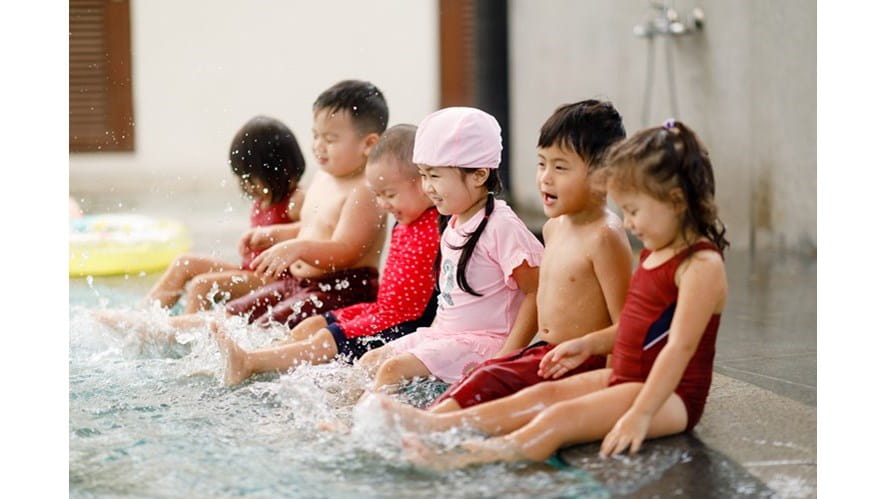
As your child develops, genes and environment influence each other. The way your child’s genes and environment work together affects his/her development. For example, how your toddler responds to a stressful situation depends on his/her temperament (mostly determined by his/her genes) and the relationships he/she has with others in his/her environment (usually his/her family or close carers). Babies are born ready to learn, and their brains develop through use. So your child needs a stimulating environment with lots of different activities that give him/her plenty of ways to play and learn, and lots of chances to practice what he’s learning.
Other things such as nutrition, physical activity, health and the neighbourhood you live in also have a big impact on your child’s wellbeing and development. You have some control over some of these things – such as what your child eats and how much activity he/she does – but you might have less control over others, such as health.
Good Nutrition & Physical Activity
Healthy food gives your child the energy and nutrients he/she needs to grow and develop. It helps develop his/her sense of taste. And healthy family food and eating patterns in the early years can set up healthy eating habits for life. Being physically active gets your child moving. It develops his/her motor skills, helps him/her think and gives him/her an opportunity to explore his/her world. So your child needs plenty of opportunities for active play, both inside and outside.
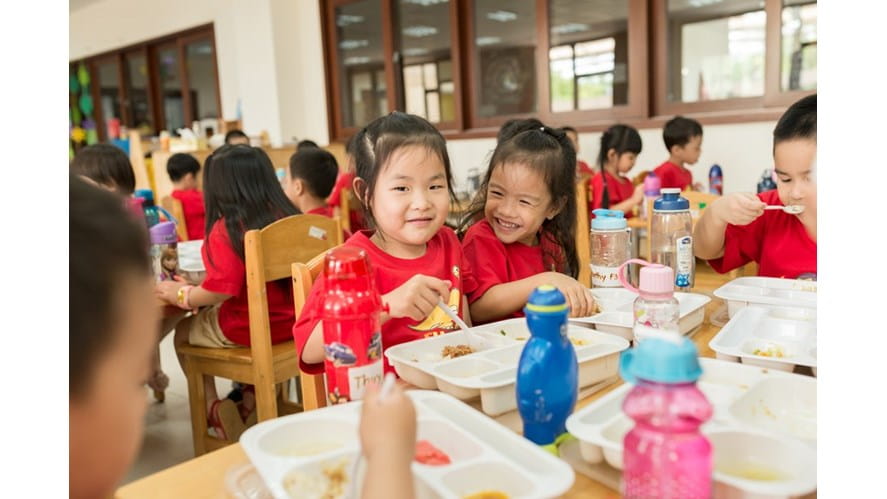
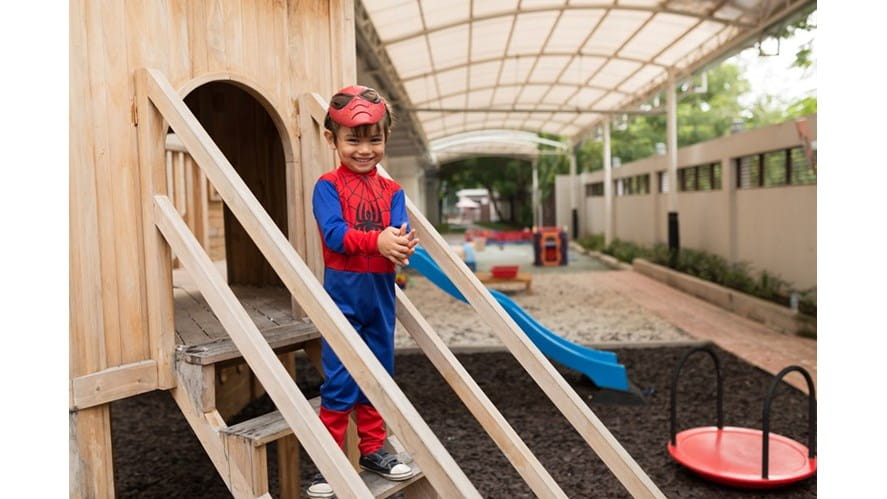
Health
Your child’s health can influence his/her development. All children get sick at some point – for example, with coughs and colds, earaches or gastroenteritis. These minor childhood illnesses generally won’t cause any long-term problems with development. But chronic or long-term health conditions like diabetes, asthma, cystic fibrosis or cancer can affect your child’s development. If your child has a chronic health condition, it’s a good idea to talk with your doctor, child and family health nurse or other medical specialist about how this might affect his/her development.
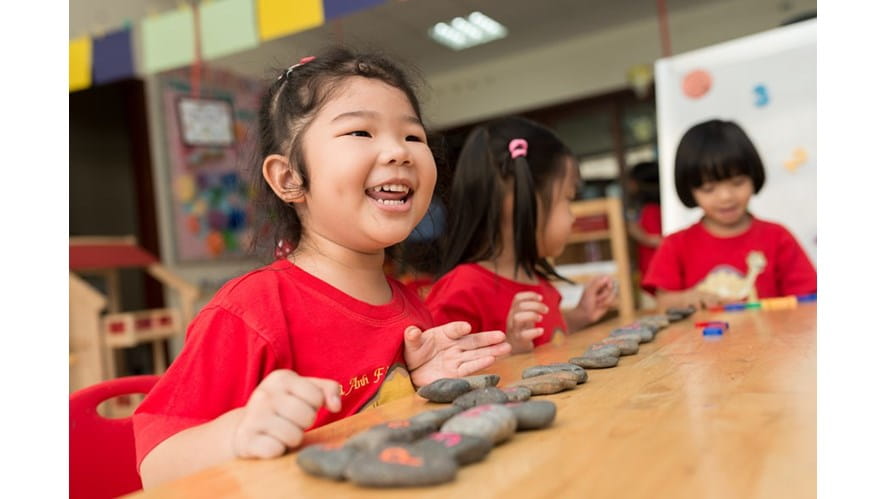
Neighbourhood and Local Community
Your neighbourhood and local community influence your child’s development. For example, your child’s development is supported by having positive relationships with teachers, participating in community activities (for example, a local school fete), and having access to things like playgrounds, parks, shops and local services like child care, schools, health centres and libraries. But things like inadequate housing, poor-quality child care or unsafe playgrounds can compromise your child’s development.
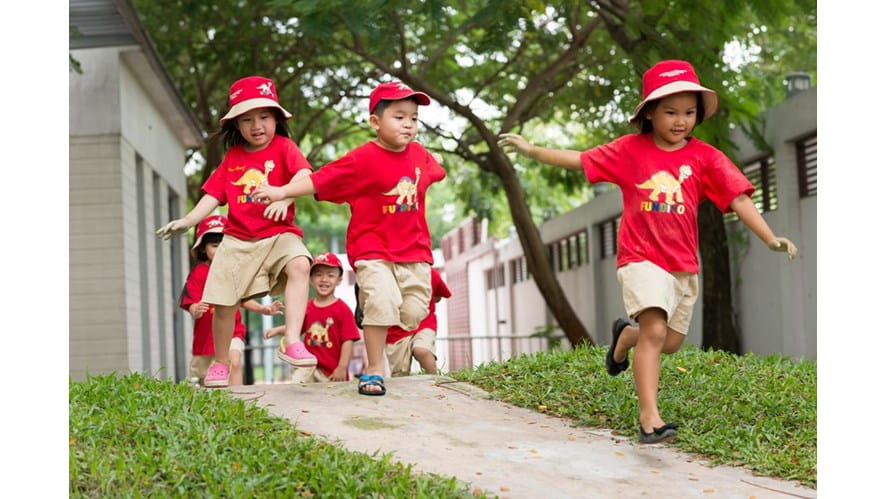
The Importance of Relationships
Children’s relationships affect all areas and stages of their development. In fact, relationships are the most important experiences in your child’s environment because they teach them the most about the world around them. In turn, they shape the way they see the world. Your child learns about the world both by being in a relationship – for example, when he/she communicates with you – and also by seeing relationships between other people – for example, how you behave towards your partner, and how your partner behaves towards you.
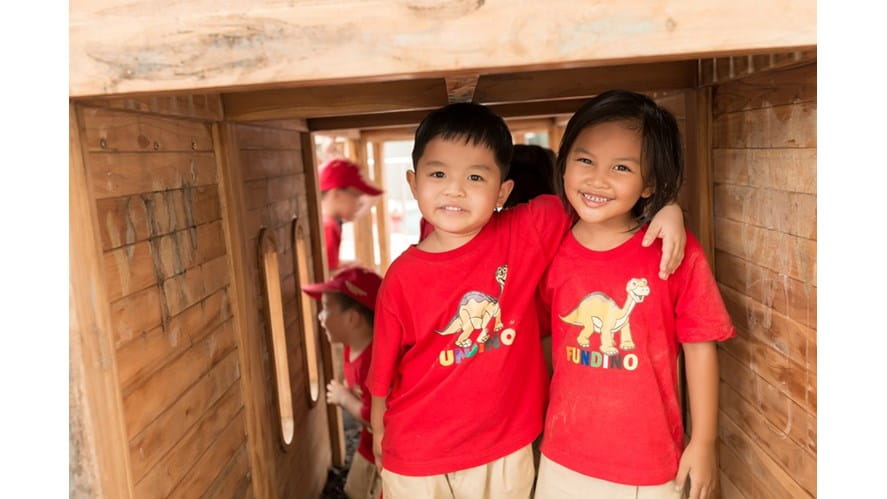
Through relationships, your child learns whether the world is safe and secure, whether he/she is loved, who loves her, what happens when he/she cries, laughs or makes a face – and much more. And this learning is the basis for your child’s communication, behaviour, social and other skills. Your child’s most important relationships are with you, other family members and carers – for example, early childhood educators. These early relationships are the foundation for your child’s healthy development.
Learning through play
In the early years, your child’s main way of learning and developing is through play. Play is fun for your children and gives them an opportunity to explore, observe, experiment, solve problems and learn from his/her mistakes. He’ll need your support and encouragement to do this. But it’s important to try to find a balance between helping him/her and letting him/her make mistakes, because finding out for himself about how the world works is a big part of learning.
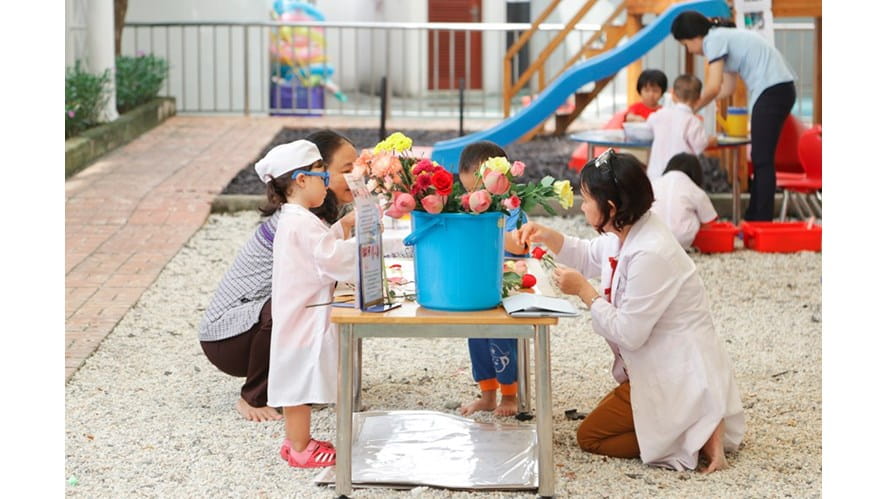
Lots of time spent playing, talking, listening and interacting with you helps your child learn the skills he/she needs for life, like communicating, thinking, solving problems, moving and being with other people and children. But more than this, play is a great relationship builder. Spending time playing with your child sends a simple message – you are important to me. This message helps your child learn about who he/she is and where he/she fits in the world. A loving, nurturing relationship helps you and your child learn a little more about each other every day. As your child grows and develops, his/her needs will change. You’ll learn more about what he/she needs and how you can meet these needs.
